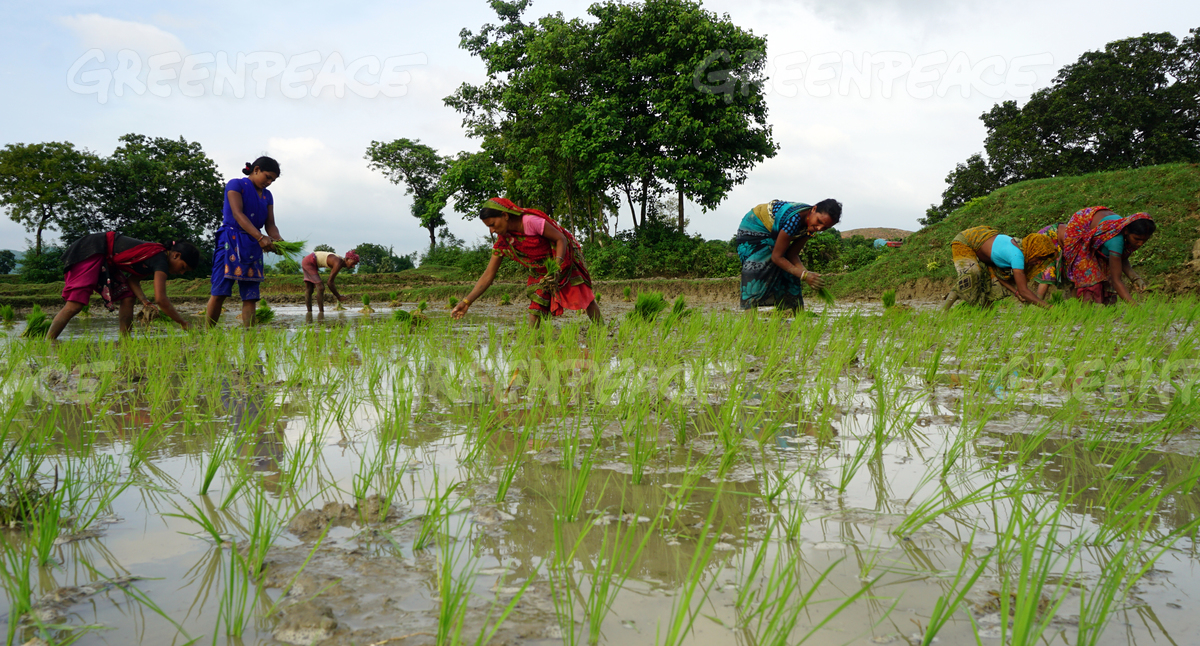Bangalore 4th September 2018 | A Right to Information query has highlighted that out of 13 non-attainment cities (cities with air pollution levels beyond permissible limit of 60 µg/m3 across Karnataka, Tamil Nadu, Andhra Pradesh and Telangana) listed by CPCB in South India, action plans for only three cities are at ground implementation stage.
No Action Plan from Karnataka
In response to the RTI, none of the four nonattainment cities of Karnataka – Bangalore, Davangere, Gulbarga and Hubli-Dharwad, have submitted their action plan to Central Pollution Control Board (CPCB) to tackle air pollution in the state.
According to Greenpeace India’s Airpocalypse II report released earlier this year, the annual average levels of PM10 were beyond permissible limits not just in 4 cities but in ten cities in Karnataka making them in the list of non-attainment based on annual permissible limits. The Centre has asked only 4 cities in Karnataka and 13 cities across four states to make Action Plan to reduce pollution levels. However there are 36 cities spread across the four south indian states of Karnataka, Tamil Nadu, Andhra Pradesh and Telangana,where the reported annual particulate pollution levels were higher than the national ambient air quality standard.
Sunil Dahiya, Senior Campaigner, Greenpeace India questions the progress and vision for mitigating air pollution across Karnataka: “Air pollution is not only Northern India and Delhi’s problem, its time for Bengaluru and many other urban centers in southern India to wake up and get the priorities right. Cities like Bengaluru should not become uninhabitable due to our inaction to protect the environment. There are four identified non-attainment cities in Karnataka, but none of them have submitted their draft action plans to tackle air pollution, as asked by the central government, which raises alarm. The public as well as local governments should act before it’s too late. Our inaction bears a heavy price tag. With every passing day, we are putting our health –and that of our future generations –at risk.”
India needs an immediate enforcement of the much anticipated National Clean Air Programme, which will be addressing air pollution, both at regional as well as national levels. As per the draft NCAP released in April for comments, City-level and regional action plans will play a crucial role in mitigating air pollution. “Formulation of these action plans with time-bound targets for reducing pollution is the need of the hour. Soon after the monsoons, pollution levels are likely to increase. This problem can only be avoided if concrete action plans are implemented before that,” concludes Dahiya.



